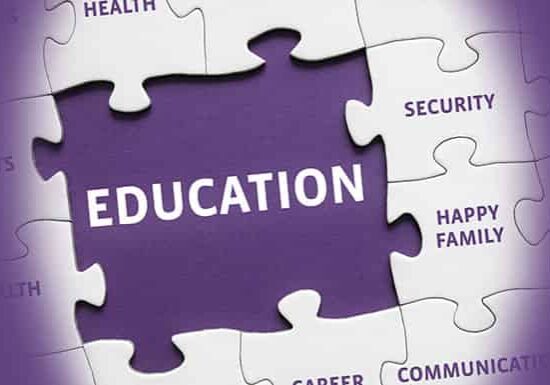Education is often regarded as the cornerstone of human development and progress. It encompasses not only the acquisition of knowledge and skills but also the cultivation of values, attitudes, and behaviors that shape individuals and societies. In today’s interconnected world, the significance of education cannot be overstated, as it plays a pivotal role in personal fulfillment, economic prosperity, and social cohesion.
The Foundations of Education
At its core, education serves as a pathway to enlightenment and empowerment. It equips individuals with the necessary tools to navigate the complexities of life, make informed decisions, and contribute meaningfully to their communities. From early childhood through adulthood, education lays the groundwork for intellectual growth and personal development.
Key Pillars of Education
Knowledge Acquisition: Education provides a structured framework for acquiring knowledge across various disciplines, ranging from mathematics and science to humanities and the arts. This knowledge forms the basis for critical thinking, problem-solving, and creativity.
Skill Development: Beyond knowledge, education fosters the development of essential skills such as communication, collaboration, and adaptability. These skills are indispensable in today’s dynamic workforce, where technological advancements and globalization continue to reshape industries.
3. Personal Growth: Education nurtures personal growth by promoting self-awareness, emotional intelligence, and resilience. It encourages individuals to explore their interests, pursue their passions, and overcome challenges with confidence.
4. Social Responsibility: A well-rounded education instills values of empathy, tolerance, and civic engagement. It prepares individuals to participate actively in society, respect cultural diversity, and contribute to sustainable development goals.
The Economic Imperative
From an economic perspective, education is a driving force behind innovation and productivity. Nations that prioritize education experience higher levels of economic growth and competitiveness. Educated individuals are more likely to secure meaningful employment, earn higher incomes, and contribute to a skilled workforce.
In today’s knowledge-based economy, industries rely heavily on a well-educated workforce capable of adapting to technological advancements and evolving market demands. Education not only prepares individuals for specific careers but also equips them with transferable skills that enhance their employability across various sectors.
Social Cohesion and Global Citizenship
Education promotes social cohesion by fostering a sense of belonging and collective responsibility. It bridges socioeconomic divides, promotes social mobility, and reduces inequalities. By promoting inclusive education policies and practices, societies can empower marginalized groups and uphold principles of equity and justice.
Moreover, education plays a crucial role in promoting global citizenship and interconnectedness. It cultivates an understanding of global issues, encourages cross-cultural dialogue, and prepares individuals to address global challenges such as climate change, poverty, and human rights violations.
Challenges and Opportunities
Despite its transformative potential, education systems worldwide face numerous challenges. These include disparities in access to quality education, inadequate infrastructure, outdated curricula, and insufficient funding. Addressing these challenges requires a collective effort involving governments, educators, parents, and stakeholders to ensure equitable access and quality education for all.

Advancements in technology present new opportunities to enhance learning experiences through digital platforms, online courses, and interactive tools. These innovations can democratize access to education, facilitate lifelong learning, and bridge educational gaps in underserved communities.
The Role of Educators and Institutions
Educators play a pivotal role in shaping the learning experiences of students and nurturing their intellectual curiosity. Effective teaching practices emphasize student-centered approaches, personalized learning, and continuous professional development. Educational institutions, meanwhile, serve as hubs of knowledge creation, research, and innovation that drive societal progress and scientific discovery.
Read More: Top 10 Best Universities in the USA
Education is not merely a means to an end but a journey of lifelong learning and empowerment that enriches lives and shapes the world we live in. It is through education that we cultivate the leaders, innovators, and change-makers of tomorrow, ensuring a brighter and more prosperous future for all.